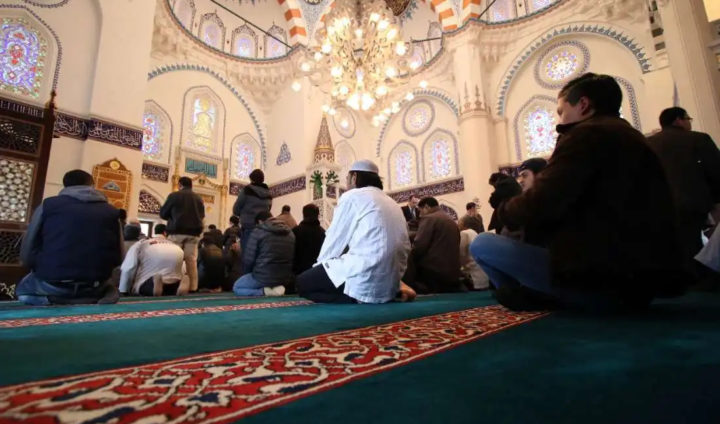It is important to acknowledge the theological differences between Islam and Shintoism. Islam is rooted in the belief in one God, Allah, and the teachings of the Quran. This monotheistic foundation is fundamental to the faith, emphasising the oneness and uniqueness of God. In Islam, any form of polytheism, including the worship of multiple deities, is strictly prohibited.
Shintoism, on the other hand, is an indigenous religion in Japan that venerates various divine spirits known as kami. These kami are believed to reside in nature and different aspects of life. Shintoism does not adhere to a defined belief system or have a single authoritative scripture.
While Islam encourages respect and tolerance for other religions, the theological disparities between Islam and Shintoism can create challenges when it comes to coexistence. Muslims firmly believe in the oneness of God and the exclusive worship of Allah. The concept of polytheism in Shintoism, with its belief in multiple deities, contradicts this fundamental aspect of Islamic faith.
The recent incident involving the vandalism of a Shinto shrine by a man from Gambia is an unfortunate example of the clash between differing religious perspectives. It highlights the complexities and difficulties of envisioning peaceful coexistence between Islam and Shintoism, given their contrasting theological principles.
Muslims strive to promote understanding, dialogue, and respect for different faiths. However, the monotheistic nature of Islam and its emphasis on the worship of one God make it challenging to reconcile with the polytheistic beliefs of Shintoism. It is crucial to approach such discussions and interactions with sensitivity, recognising the deep-rooted theological disparities that exist.







